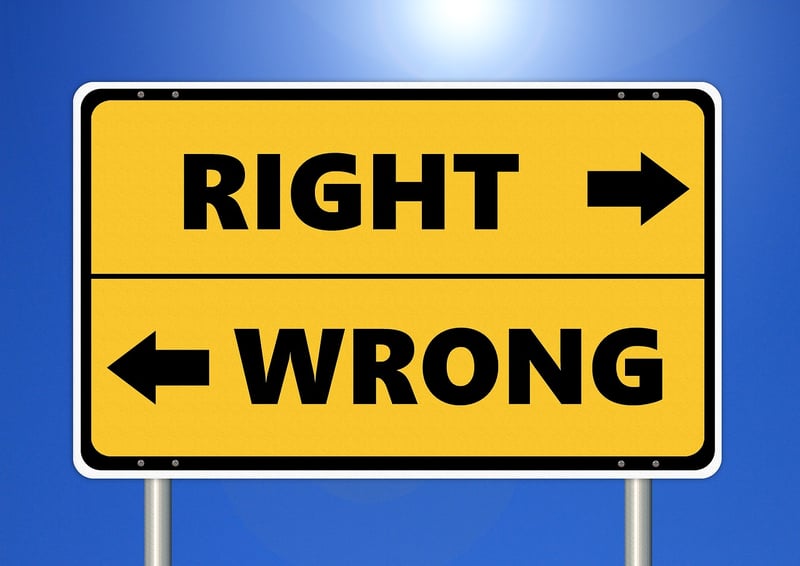Moral Dilemmas
Ethical Implications of Time Travel and Moral Dilemmas
Time travel has long been a fascinating concept in science fiction, allowing individuals to journey backward or forward in time. However, with this ability comes a myriad of ethical implications and moral dilemmas that must be carefully considered.
Ethical Implications of Time Travel
1. Changing the Past: One of the primary ethical concerns of time travel is the potential to alter past events, leading to unintended consequences in the present or future.
2. Interfering with History: Intervening in historical events, even with good intentions, can have far-reaching effects on the timeline and the lives of countless individuals.
3. Knowledge and Power Imbalance: Time travel could provide individuals with advanced knowledge of future events, raising questions about fairness, equity, and the abuse of power.
Moral Dilemmas in Time Travel
1. The Trolley Problem: In a time travel scenario, individuals may face ethical dilemmas akin to the classic trolley problem, where choosing to act or not act can have severe consequences.
2. Personal Gain vs. Common Good: Time travelers may struggle with decisions that benefit themselves personally but harm society as a whole, leading to moral conflicts.
3. Paradoxes and Causality: The concept of time loops and paradoxes raises questions about the nature of free will, determinism, and the implications of altering the past.
Conclusion
While the idea of time travel is captivating, it brings forth complex ethical considerations and moral quandaries that challenge our understanding of right and wrong. As we ponder the possibilities and pitfalls of time travel, it is essential to reflect on the impact of our actions across time and space.

Explore more on the topic of time travel and ethics here.
